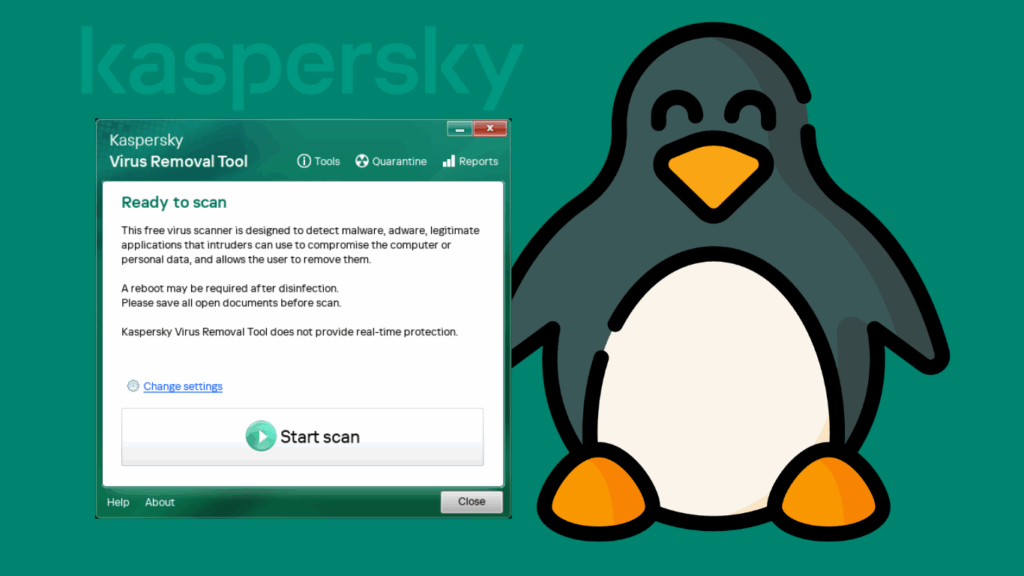Kaspersky recently introduced the Linux version of its Virus Removal Tool (KVRT), offering users a free, standalone scanner that detects and removes malware, adware, and even legitimate software misused for attacks. Despite Linux’s reputation for security, recent incidents—such as the XZ Utils backdoor, DinodasRAT implant, and Trojanized Free Download Manager—have demonstrated that Linux systems are increasingly targeted
KVRT does not run in the background. Instead, it’s designed as an on-demand utility: users must download the latest version manually, grant executable permissions, and run it via GUI or terminal. It scans critical areas like system memory, boot sectors, startup files, and archives, supporting most 64-bit distributions including Ubuntu, Red Hat, CentOS, and Debian. While it doesn’t update automatically, the tool’s package is refreshed multiple times daily to ensure current threat definitions
Experts highlight KVRT’s value in scenarios requiring quick remediation—a “tire repair kit” for compromised systems that avoids full installations and minimizes disruption . Even though it lacks real-time protection and scheduling, KVRT satisfies a growing demand among Linux administrators for malware scanning tools backed by major security firms
By acknowledging the fallacy of “Linux immunity” and providing a robust scanning solution, Kaspersky’s KVRT for Linux marks a meaningful enhancement to Linux security practices—bringing peace of mind and increased hygiene to server and desktop environments alike
Sources
- KVRT for Linux: malware scanner for Linux systems
https://www.kaspersky.com/blog/kvrt-for-linux/51375/ - Kaspersky releases free malware scanner for Linux
https://www.kaspersky.com/about/press-releases/kaspersky-releases-free-malware-scanner-for-linux - Kaspersky releases free tool that scans Linux for known threats
https://www.bleepingcomputer.com/news/software/kaspersky-releases-free-tool-that-scans-linux-for-known-threats/ - Kaspersky: Virus Removal Tool for Linux provides first assessment
https://www.heise.de/en/news/Kaspersky-Virus-Removal-Tool-for-Linux-provides-first-assessment-9755240.html - This new tool for Linux removes malware and scans for threats
https://www.techradar.com/pro/this-new-tool-for-linux-removes-malware-and-scans-for-threats-and-its-completely-free - Kaspersky Virus Removal Tool: Essential for Linux Administration
https://linuxsecurity.com/news/vendors-products/kvrt-linux - Kaspersky Releases Free Malware Scanner For Linux Systems – Techworm
https://www.techworm.net/2024/06/kaspersky-free-malware-scanner-linux-systems.html




